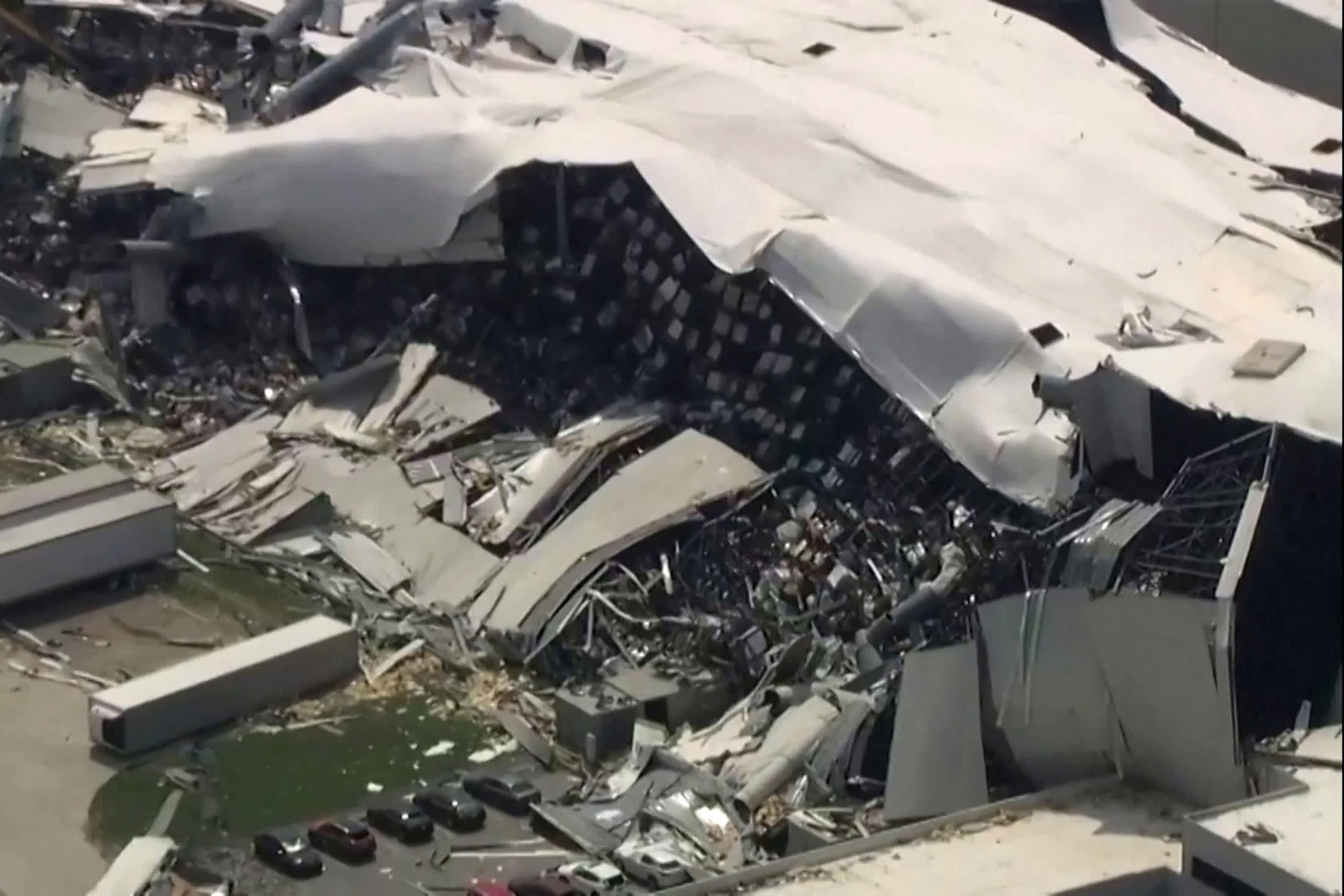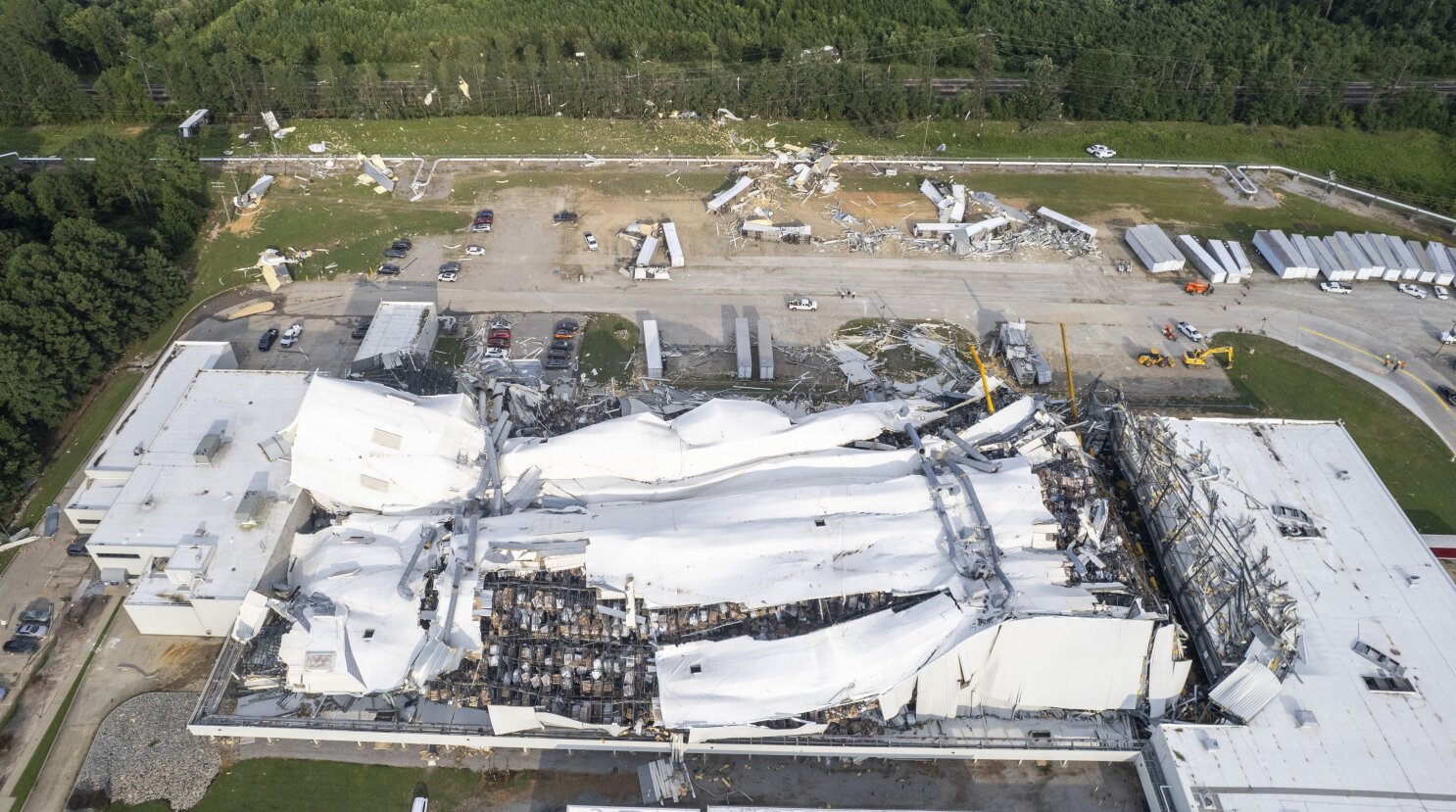On Monday, Pfizer announced that it has resumed production on most of the lines at a drug manufacturing plant in Rocky Mount, North Carolina, which was severely damaged by a tornado two months ago.
However, the company indicated that some medications from this facility may remain in short supply until at least mid-2024.
Pfizer emphasized that the restart represents only the “first step toward full recovery” for the Rocky Mount plant. The company expects to have the plant’s operations fully restored by the end of the year.
The Rocky Mount plant is responsible for nearly 8% of all sterile injectable medicines used in U.S. hospitals, including anesthesia, analgesia, therapeutics, anti-infectives, and neuromuscular blockers. Additionally, it produces about 25% of Pfizer’s drugs in this category.
In August, Pfizer warned hospitals about potential supply disruptions for some medications.

As of late last month, a type of sodium chloride injection from the plant was reported to be in short supply, according to the American Society of Health-System Pharmacists. This injection is used to replenish water and salt lost due to certain conditions.
Pfizer reported on Monday that it has restarted the production of approximately 13 medicines, selected based on “patient need and inventory levels.” The company did not specify which medications are included in this restart.
The company is also continuing to monitor emergency requests for certain medicines manufactured at the Rocky Mount facility. Pfizer initiated this emergency ordering process in August to manage the distribution of 12 drugs deemed “in high medical need.”
This announcement from Pfizer comes amid an unprecedented shortage of various medicines in the U.S., including ADHD pills, pain medications, and injectable cancer therapies.
These shortages are attributed to manufacturing quality control issues and increased demand, among other factors.






Leave a Reply